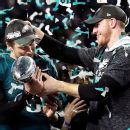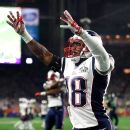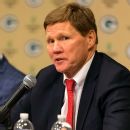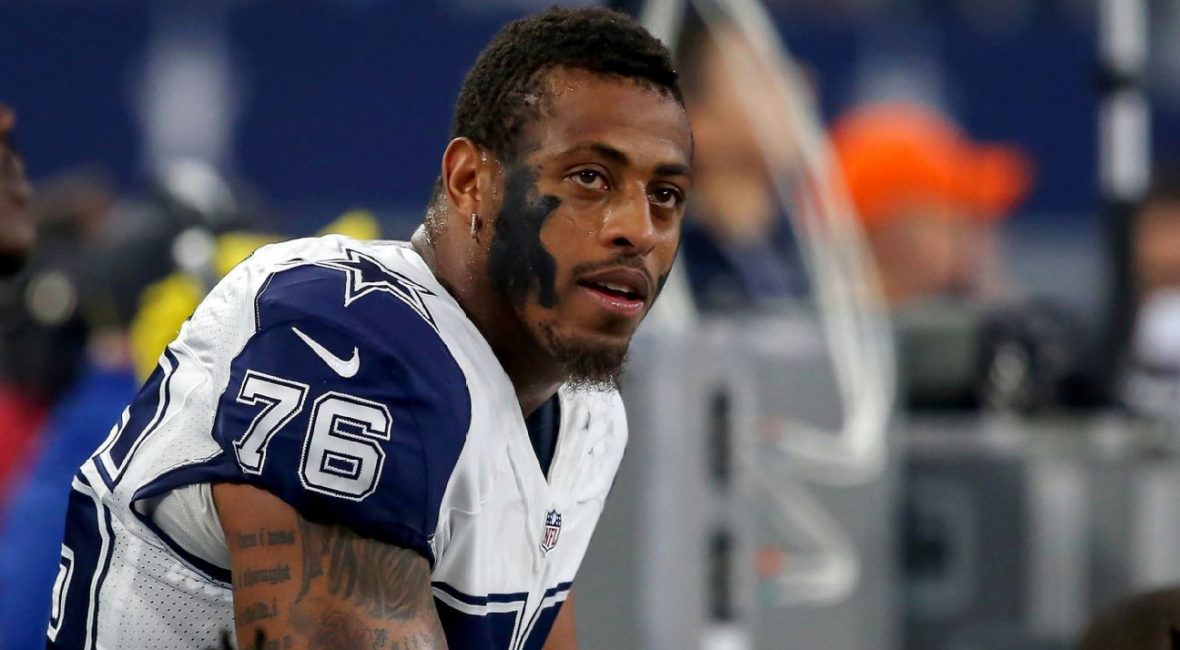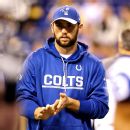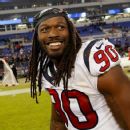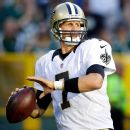6:37 PM ET
-
Kevin SeifertNFL Nation
Close
- ESPN.com national NFL writer
- ESPN.com NFC North reporter, 2008-2013
- Covered Vikings for Minneapolis Star Tribune, 1999-2008
The NFL is finalizing plans for a summit to continue an unprecedented offseason discussion about player safety, a league spokesman confirmed. The meeting, planned for May 1-2 at NFL headquarters in New York, will include a focus on the future of the kickoff.
There is no indication that the kickoff could be eliminated for this season. But the league has moved with uncommon speed in recent months to address a league-record 291 diagnosed concussions in 2017, as well as the serious spine injury suffered by Pittsburgh Steelers linebacker Ryan Shazier.
2 Related
Owners have approved a rule that would penalize and potentially eject players for lowering their heads to initiate contact. For the first time, the league joined the NFL Players Association to ban the use of 10 helmet models. The NFL office is also preparing a team-by-team memorandum to address a spike in training camp concussions.
The kickoff has long been a source of concern for NFL medical staffs. The league’s competition committee sounded new alarms in March after receiving data that showed concussions were five times more likely to occur on kickoffs than other plays, even after a series of minor rule changes designed to reduce returns.
Green Bay Packers president/CEO Mark Murphy, a member of the committee, said the league was planning a special-teams summit — the one now confirmed for May 1-2 — to issue a clear warning.
“If you don’t make changes to make it safer,” Murphy said, “we’re going to do away with it. It’s that serious. It’s by far the most dangerous play in the game.”
An attendance list for the summit, which will also include discussion on the safety of interior line play, has not yet been finalized. Longtime NFL special-teams ace Steve Tasker, now a CBS broadcaster, recently told the Buffalo News that he had been invited. In addition to former players, the meeting is expected to include team executives, along with current and former coaches.
Commissioner Roger Goodell frequently convenes similar cross-discipline summits. They have not concluded with a rule or policy change. Instead, they are designed to provide background for future competition committee discussions. Goodell hosted two such meetings in recent years before the league rewrote its catch rule this spring. A similar gathering early in the 2017 offseason eventually led to a relaxation of post-touchdown celebration rules.
At issue with the kickoff is whether any realistic ideas remain for making the play safer beyond the steps the league already has taken. The league has spent much of this decade tweaking rules to reduce returns, and thus minimize the chances of injury, while also eliminating violent wedge-blocking schemes. In 2017, only 40 percent of kickoffs were returned. The rest were either touchbacks, went out of bounds or were impacted by another penalty.
“We’ve reduced the number of returns,” Murphy said in March, “but we haven’t really done anything to make the play safer.”
As Murphy’s words reverberated around the league, several prominent special-teams players have spoken out against a future elimination. The New England Patriots’ Matthew Slater told reporters last week that it would be “tragic” to take it away because it is part of “the fabric of the game.”
Slater wondered about the slippery slope of eliminating fundamental parts of the game.
“It really makes me ask the question, ‘Where do you go from here?'” he said. “What would happen next? I don’t know the answer to that. I don’t know. But I look at a number of plays. I look at a goal-line stand. I look at a third-and-1. Think about the collisions that are happening there.
“Those may be deemed unsafe by some people, so if you make a drastic change such as this, what’s next? What happens? The reality is football. This is a contact sport. This is a violent sport. All of us that are playing the game understand that there are inherent risks that come along with playing the game. If you’re not OK with those risks, I respect that, and maybe you should think about doing something else.”
The New York Giants’ Michael Thomas called the danger of kickoffs “a false narrative.” In a video posted to Twitter, Thomas added that players on kickoffs have time to protect themselves and avoid big collisions.
“If you’re trying to do this because you’re thinking about player safety,” Thomas said, “or trying to protect guys, or even thinking about future lawsuits or whatnot, then there are so many other things and ways you can protect this game, and getting rid of the kickoff is not one of them.”
The NFL’s next inflection point for possible rule changes will come at its spring meeting, scheduled for May 21-23 in Atlanta. One of the items already on that agenda is finalizing the process by which players will be considered for ejection when penalized for lowering their helmets to initiate contact.



